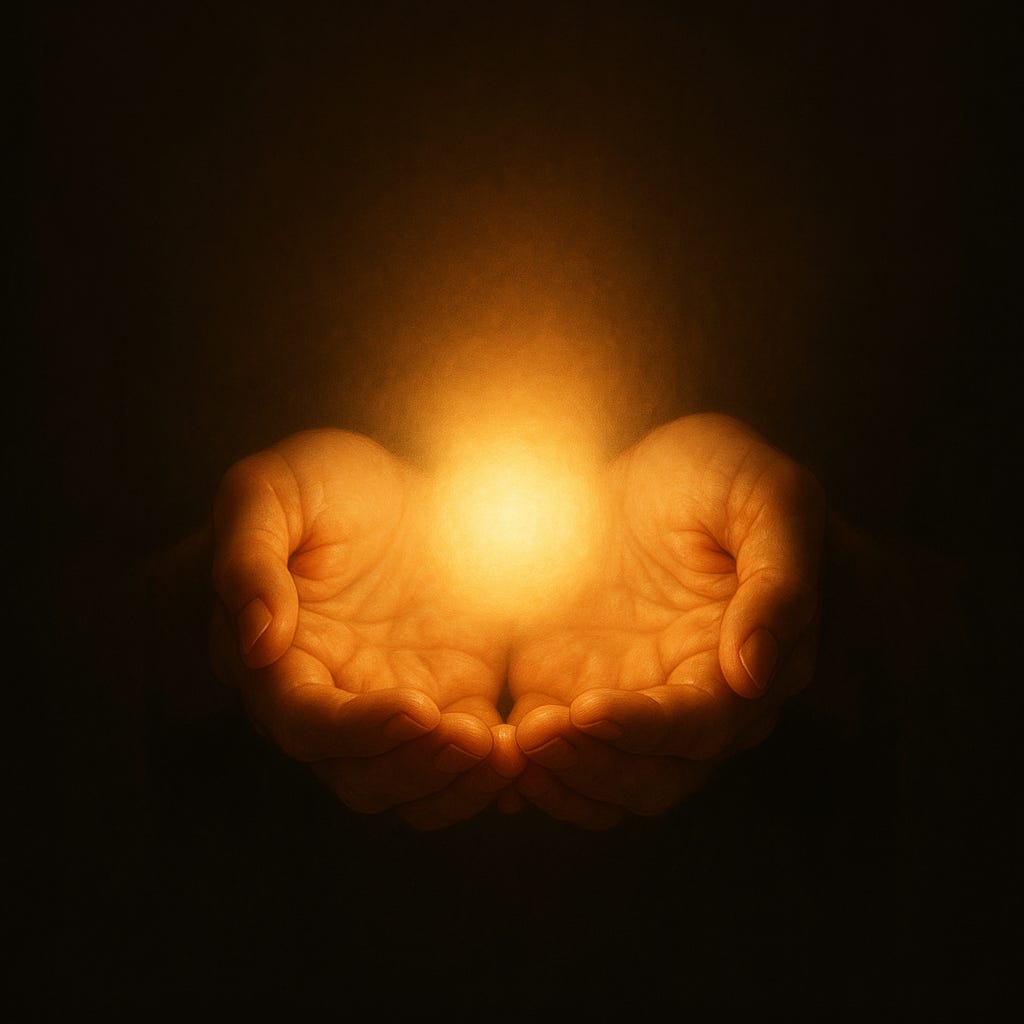The Case for Unearned Privilege: Gratitude, Not Guilt
How acknowledging blessings should inspire service, not shame
Every so often, a new moral fad sweeps through the culture, a rebranding of old resentments dressed up as social justice. Today, one of the most persistent of these is the notion of unearned privilege, the idea that some people, particularly white Americans, have gained unfair advantages simply by virtue of their skin color. The argument goes further to suggest that this alleged privilege is a moral debt that must be repaid through guilt, apology, and perpetual self-denunciation.
This idea, however well-intentioned, is a poison disguised as virtue. It misdiagnoses the problem, maligns the innocent, and distorts the moral compass of a generation.
The truth is simple: blessings are meant to be shared, not shamed. Privilege, when rightly understood, is not a curse to be confessed but a stewardship to be exercised. Gratitude, not guilt, should be the natural response to the good we have received.
The Misdiagnosis of Privilege
Let’s begin with the premise. Is it true that some people have “unearned privilege”? Of course, but not in the way modern activists mean it.
If you were born in America rather than in a war-torn or impoverished country, you have unearned privilege. If you were raised by two loving parents, that too is unearned privilege.If you can read this article, if you have access to education, healthcare, and freedom, you are swimming in privilege beyond imagination.
But these blessings are not indictments. They are gifts, and gifts carry responsibility, not guilt.
The error of the left’s worldview is not in acknowledging disparity; it’s in assigning moral blame to those who possess blessings they did not earn. They have confused advantage with injustice, and gratitude with guilt.
When society begins to moralize fortune, to say that the accident of birth is a sin requiring penance, it invites division, resentment, and despair. It teaches people to despise the good rather than to multiply it.
The False Gospel of Guilt
The new gospel of privilege offers its own twisted redemption story. It tells some Americans, usually white, male, or successful, that they are complicit in invisible systems of oppression. It then prescribes public confession, ideological submission, and social activism as acts of atonement.
But guilt without wrongdoing is counterfeit morality. Scripture teaches:
“The son shall not bear the guilt of the father, nor the father bear the guilt of the son.” — Ezekiel 18:20
America’s past is real. Slavery was evil. Jim Crow was wicked. Injustice leaves scars. But none of these truths justifies saddling innocent people with the sins of their ancestors. A just society punishes individuals for their own actions, not their bloodline or skin tone.
To impose inherited guilt is to revive the very prejudice we claim to oppose. It exchanges one form of racial essentialism for another, only with the colors reversed. It replaces racism of superiority with racism of inferiority.
The Soft Bigotry of Low Expectations
Worse still, the obsession with privilege inflicts deep damage on the very communities it claims to defend.
When we teach minorities that their path to success is blocked by immutable systems of privilege, we are not empowering them, we are disarming them. We are whispering a lie into their souls: “You are not capable unless someone else steps down.”
That lie is bondage. It tells young black and brown children that the American Dream is a rigged game, that merit is meaningless, that excellence is futile. It replaces ambition with resentment and gratitude with grievance.
Former President George W. Bush once called this mindset “the soft bigotry of low expectations.” He was right. To tell a child that he cannot succeed because others have privilege is not compassion, it’s condescension.




